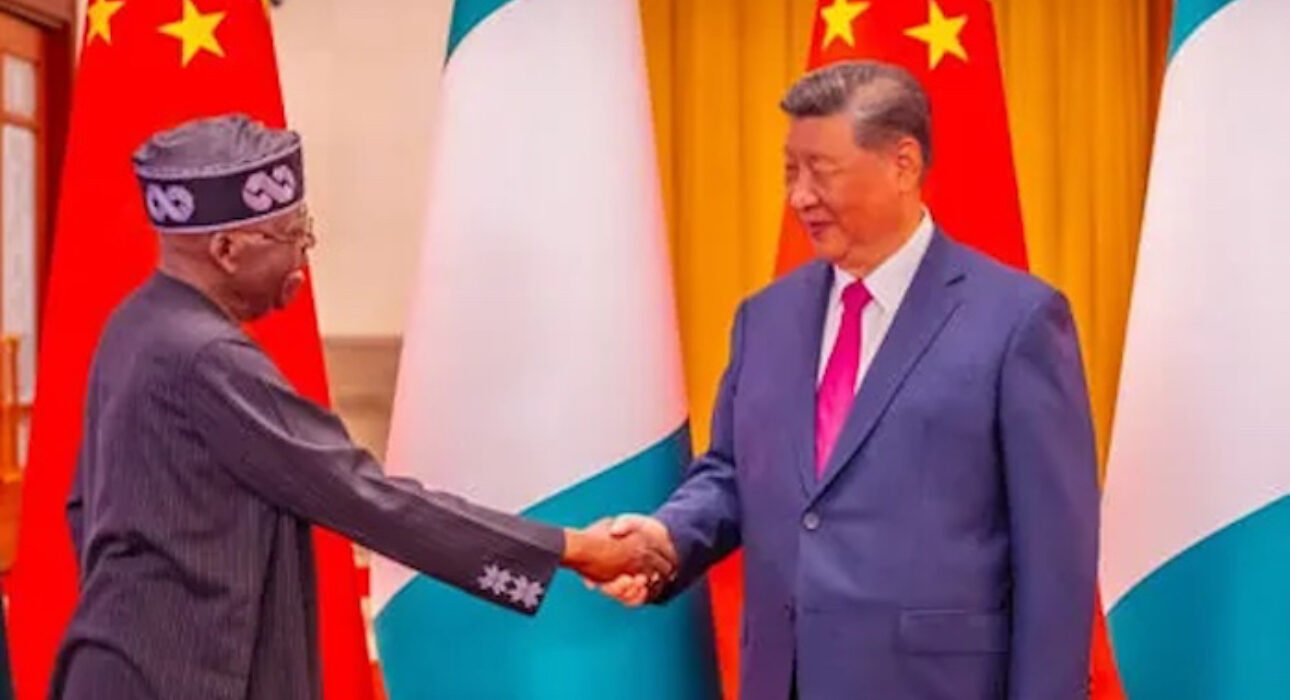China Reaffirms Cooperation With Nigeria, Africa Under New Global Governance Initiative

China has declared its commitment to building a fairer and more inclusive global governance system, unveiling its newly launched Global Governance Initiative (GGI) as a framework to strengthen ties with Nigeria and the African continent.
The announcement was made in Abuja during a seminar jointly organized by the Centre for Contemporary China-Africa Research and the Centre for China Studies, where Chinese officials emphasized the importance of collaboration with Africa in reshaping the international order.
The GGI, first unveiled by President Xi Jinping on September 1 at an international security forum, is positioned as part of China’s broader push for reforms in the global system. Chinese representatives described it as a response to longstanding challenges in international relations, including colonial legacies, hegemonism, and unequal power structures.
According to Beijing, the initiative seeks to advance multilateralism, sovereign equality, fairness, and people-centered governance, while ensuring that voices from the Global South receive greater recognition in global decision-making.
Nigeria has already expressed support for the initiative. The Ministry of Foreign Affairs praised the GGI’s principles, noting their alignment with Nigeria’s national priorities and the African Union’s Agenda 2063.
Nigerian scholars and analysts, however, urged that the framework be matched with “practical and action-oriented” steps to make the initiative meaningful, especially in areas such as international financial reform, trade, infrastructure, and security cooperation.
The development reflects China’s wider strategy of promoting a multipolar world order.
Analysts believe that if fully implemented, the GGI could offer African nations—including Nigeria—stronger participation in institutions like the United Nations and global financial systems, potentially reshaping how decisions are made on issues of global significance.
Still, questions remain about how far China and its African partners can translate the initiative from rhetoric into tangible reforms. Critics point to the recurring gap between high-level declarations and actual delivery, while others note that the GGI could heighten geopolitical competition between China and Western powers.
For Nigeria, the initiative presents both an opportunity and a test. As Africa’s largest economy and a major diplomatic voice, it is expected to play a central role in shaping how the continent engages with the framework.
The coming months are likely to reveal whether the GGI evolves into a genuine platform for reform or remains another expression of strategic diplomacy.









